SGGP
China has decided to extend tax policies to facilitate venture capital firms and individual investors to invest in technology startups.
Accordingly, tax policies first applied by the Ministry of Finance and the State Tax Administration in 2018 will be extended until the end of 2027. The decision aims to further encourage the business environment and innovation in the context of the world's second-largest economy recovering from the Covid-19 pandemic.
Specifically, the Ministry of Finance will exempt value-added tax (VAT) for businesses with monthly sales of less than 100,000 yuan (US$13,921), and cut the tax rate on sales revenue to 1% for businesses that have long applied the tax rate of 3% on revenue. In addition, small businesses and individuals will be exempt from VAT on revenue earned from guaranteed loans or guaranteed bonds from rural residents.
China’s Ministry of Finance also announced an extension of tax incentives for small startups (with fewer than 300 employees) and annual revenue of less than 50 million yuan ($6.9 million). Investors who buy shares in a tech startup at the seed stage and continue to invest for two years or more can deduct 70% of their investment from their taxable income. China’s government ministries and central banks have also pledged more financial support for small businesses.
Economists say the new policy is a good move to ease the pressure on tech startups. China has determined that if startups play a role in driving innovation, the government is an indispensable “midwife” in this ecosystem. Therefore, China’s emerging startups are still flourishing despite the difficult economic situation, limited capital resources, and supply chain disruptions caused by the Covid-19 pandemic.
According to a report published by Forbes China, in 2022, the country had 74 new unicorns (startups valued at 1 billion USD or more) out of a total of 330 new unicorns globally.
Source




![[Photo] Da Nang: Water gradually recedes, local authorities take advantage of the cleanup](https://vphoto.vietnam.vn/thumb/1200x675/vietnam/resource/IMAGE/2025/10/31/1761897188943_ndo_tr_2-jpg.webp)


![[Photo] Prime Minister Pham Minh Chinh attends the 5th National Press Awards Ceremony on preventing and combating corruption, waste and negativity](https://vphoto.vietnam.vn/thumb/1200x675/vietnam/resource/IMAGE/2025/10/31/1761881588160_dsc-8359-jpg.webp)








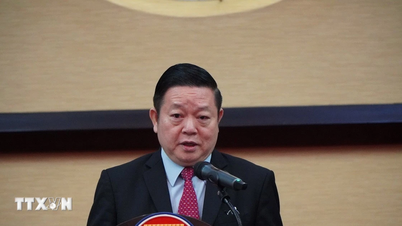





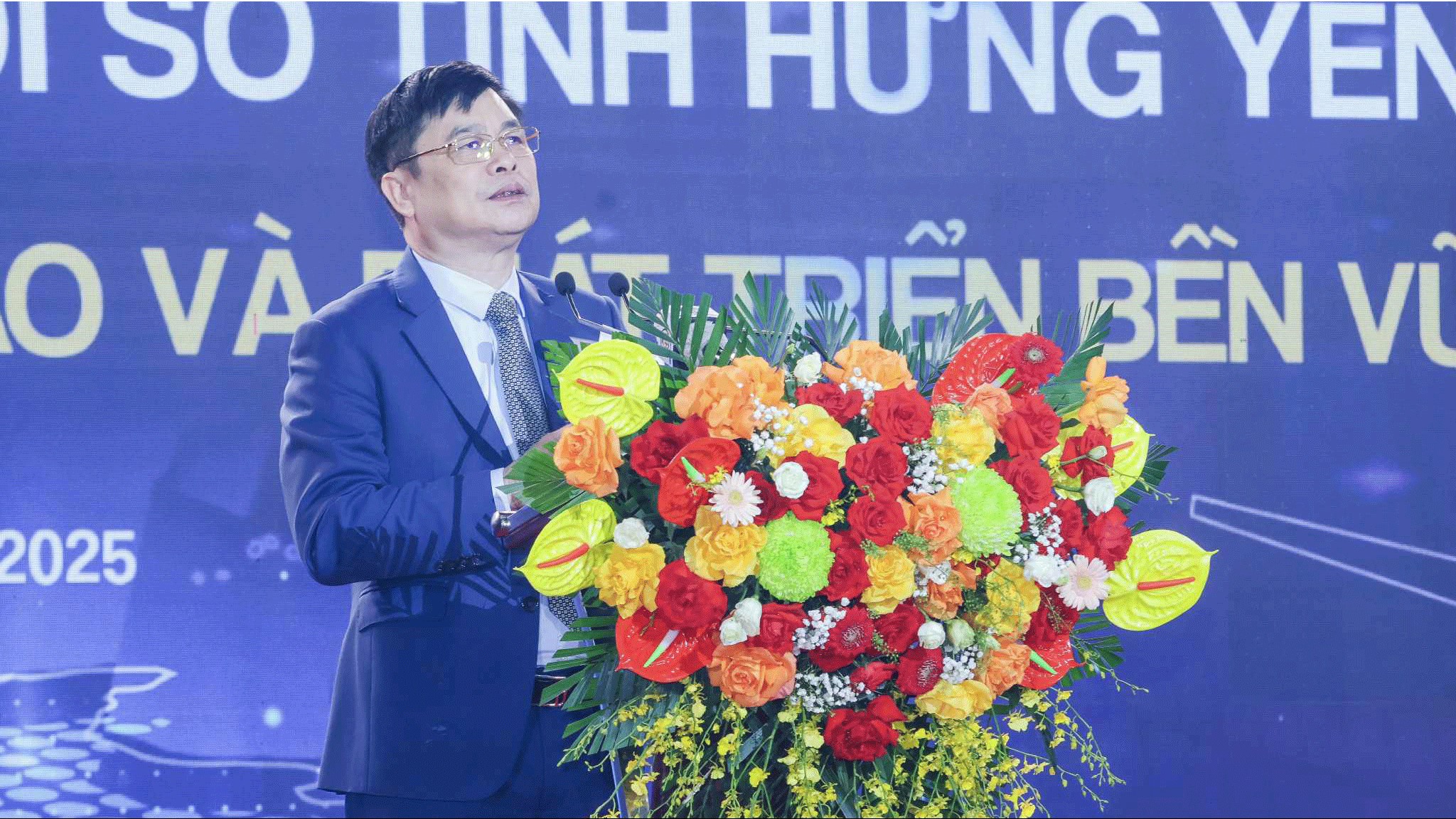













































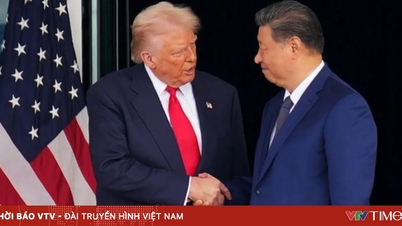


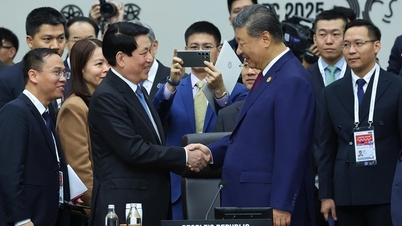
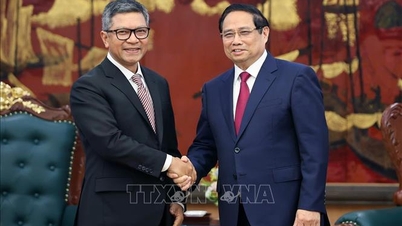






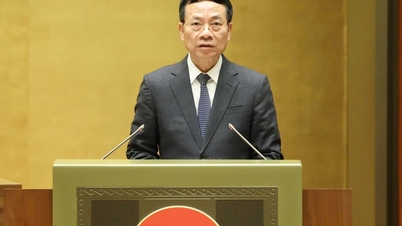
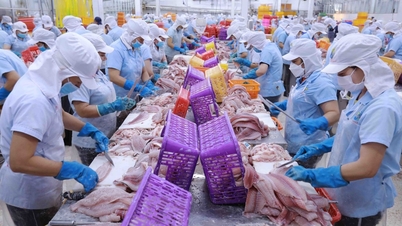
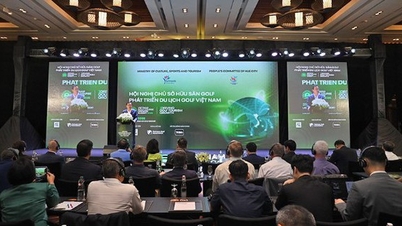




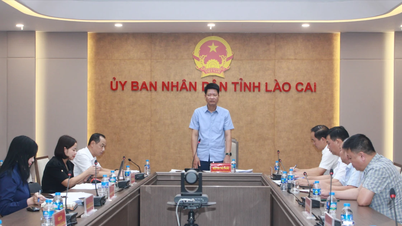

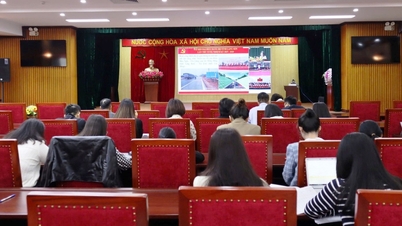

















Comment (0)